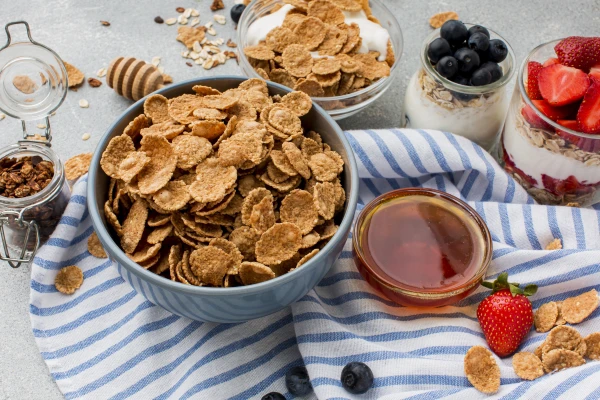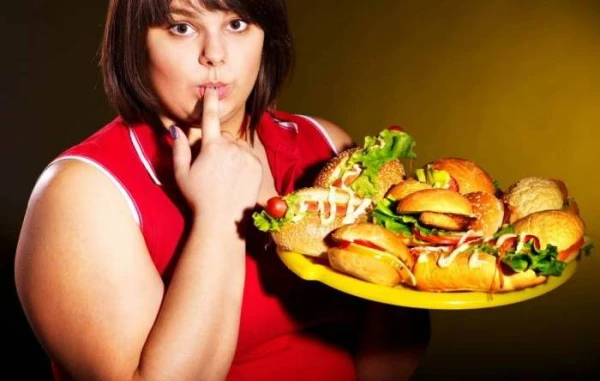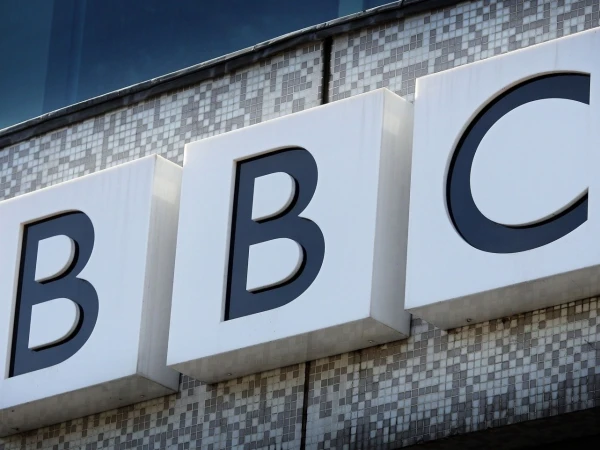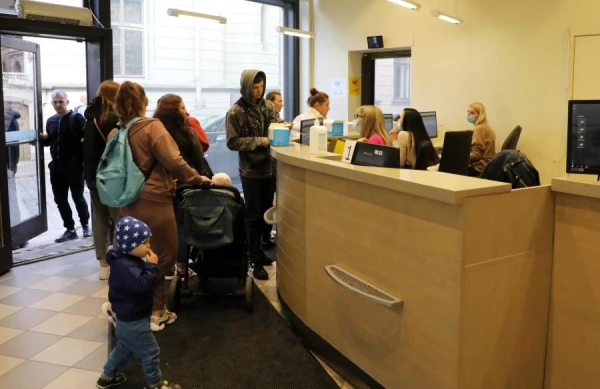
Sometimes it's healthier to drink tea with a couple of teaspoons of sugar than to eat some seemingly healthy foods for breakfast.
Sugar is not a sweet death at all. There's no need to demonize chocolate bars and pastries, but eating them in unlimited quantities is a bad idea. Moreover, it's not just desserts that cause spikes in blood sugar. It's not even about sweet carbonated drinks. There are seemingly non-sweet foods that can provoke an unpleasant effect on your health.
Why This Is Harmful
What's wrong with sugar spikes? As noted by the author of the book "Sugar Tolerance," Steve Bennett, a healthy person's body copes well with moderate and infrequent sugar spikes. Insulin is released for this purpose.
However, if a person regularly eats anything, insulin is activated so often that cells become less responsive to it and do not effectively absorb excess glucose from the blood.
Over time, insulin resistance develops. This condition significantly increases the risk of developing type 2 diabetes.
And this is something to remember not only for sweet tooths.
"You think you’re being smart by avoiding sugar in your morning tea, but in reality, the real villains are those very foods that you unsuspectingly eat all day long," Bennett notes.
The point is not to eliminate this food from your diet. The main principle is to maintain balance and use smart combinations of foods.
Breakfast Cereals
A bowl of cereal with milk may seem like the perfect breakfast for those who are always running late in the morning. But is it really?
It has been proven that one bowl of cornflakes has the same effect on blood sugar levels as more than eight teaspoons of sugar. Is it worth starting your morning with such overwhelming spikes?
If you really love cereal for breakfast, try to combine it with protein-rich foods and foods high in healthy fats. These can be yogurt, nuts, or eggs. They will reduce sugar spikes and make your morning meal more filling.
Rice
White rice provokes sugar spikes. To avoid this, it can also be combined with the right foods. For example, add fiber-rich vegetables to the rice.
Another option is to choose brown rice, which has more dietary fiber. You can also replace rice with quinoa.
Potatoes
The glycemic index of potatoes depends on how they are prepared. For example, cold boiled potatoes do not cause such spikes in blood sugar as fried ones.
To minimize the harm from fried potatoes, eat them with a vegetable salad, add beans or other sources of protein to the dish.
You can also try replacing potatoes with cauliflower.
Exotic Fruits
Fruits are often recommended as a healthier dessert or sweet snack option. However, tropical fruits like bananas, mangoes, and pineapples can cause spikes in blood sugar levels.
Moreover, the glycemic index can depend on the ripeness of the fruit. For example, unripe bananas have a lower glycemic index—around 30–40—because they contain more resistant starch, while the glycemic index of ripe fruits hovers around 51, and for overripe ones, it rises to 60, writes the Daily Mail.












Leave a comment